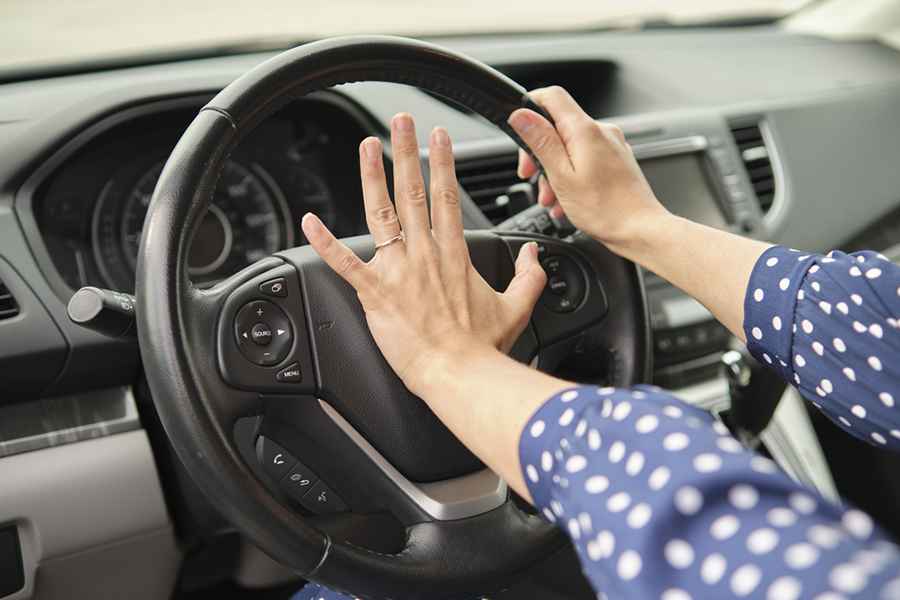Understanding Road Rage Accidents and Strategies For Prevention
Road rage refers to a driver expressing extreme and uncontrollable anger and aggression. This extreme form of aggressive driving can cause physical or verbal harm. Interestingly, road rage is very common on American roads. A recent survey demonstrated that 80 percent of drivers exhibit extreme aggression or anger annually. The outcomes of such accidents can be far-reaching.

One analysis found that 56 percent of road accidents over five years resulted from road rage. Aggressive driving is also a leading driver of increasing insurance rates. Getting caught in a road rage situation can put you in grave danger. If you’ve been injured because of someone else's road rage, seek the help of an experienced accident lawyer who can speak on your behalf and help you get compensated. Meanwhile, this article will delve into the fundamentals of road rage, the impact on car insurance rates, strategies to prevent accidents caused by it, and the role of professional legal assistance.
Fundamentals of Road Rage
Road rage is highly common on American roads. A survey by the NHTSA revealed that 60 percent of Americans feel at risk due to aggressive driving. The AAA Foundation for Traffic Safety also found that almost 80 percent of drivers have experienced road rage. The most common forms of road rage in the US include speeding, honking, tailgating, yelling, physical altercations, and even gun violence in extreme cases. Speeding caused 11,258 deaths in the year 2020, and running late tends to be the most common reason behind instances of road rage. Other contributing factors include traffic congestion and disregard for others. 2021 was the deadliest year regarding road rage deaths due to gun violence. About 44 people were shot and wounded or killed every month.
Impact on the Aggressor’s Car Insurance Rates
Road rage is intentional, and drivers are to blame for any resultant accidents. Thus, most insurance companies exclude intentional aggressive acts and their outcomes. If you are at fault and charged with a road rage-related crime, e.g., intentionally striking another vehicle, you will almost certainly not be covered by your insurance policy. Besides the experienced losses, you may have to pay the victim for additional damages. Furthermore, your insurance company can terminate your coverage when you are found guilty of road rage. Without insurance coverage, you will not be allowed to drive on most American roads. If you still wish to drive, you must apply for SR-22 insurance as a high-risk driver. While filing for this option does not cause higher insurance rates, you may be charged higher premiums due to the charged road rage incident.
Preventing Road Rage
Follow these basic tips to avoid road rage:
- Avoid using high beams unless necessary
- Always be patient while driving
- Avoid inflammatory and offensive language or hand gestures
- Be considerate of other drivers while driving
- Always appropriately use signals before turning
- Always maintain safe distances from other cars on the road
How Professional Legal Guidance Can Help Victims
Staying calm and de-escalating the situation is the best way to avoid injuries from road rage. However, accidents can still happen in such uncontrollable situations. If you or someone you know was involved in an accident caused by someone’s road rage, there are various legal avenues available for you. Contacting an experienced lawyer at the earliest can prove helpful in the long run. They can help you fight for justice and obtain compensation for the suffering you endured, covering both economic and non-economic damages. A good lawyer is well-versed in the best steps to maximize your chances for compensation, such as collecting evidence, speaking to witnesses at the scene, obtaining surveillance footage, if available, and even speaking to the insurance company on your behalf.
Key Takeaways
Road rage is common on our roads and can have severe consequences. Hence, it’s imperative to always avoid any form of aggression while driving. However, if you find yourself in a road rage situation, it’s best not to engage with the offender and avoid eye contact. Fasten your seat belt in case you need to brake suddenly, and note down any identifiable information of the aggressive driver, such as the license plate number. Drive to a heavily populated area, fire station, or police station if you’re being followed by an aggressive driver, and once at a safe location, call 911 and report the case. Having an experienced lawyer you can call can also offer guidance in such situations and improve your chances of obtaining compensation for the harassment or suffering you experience.
Image credit: Depositphotos